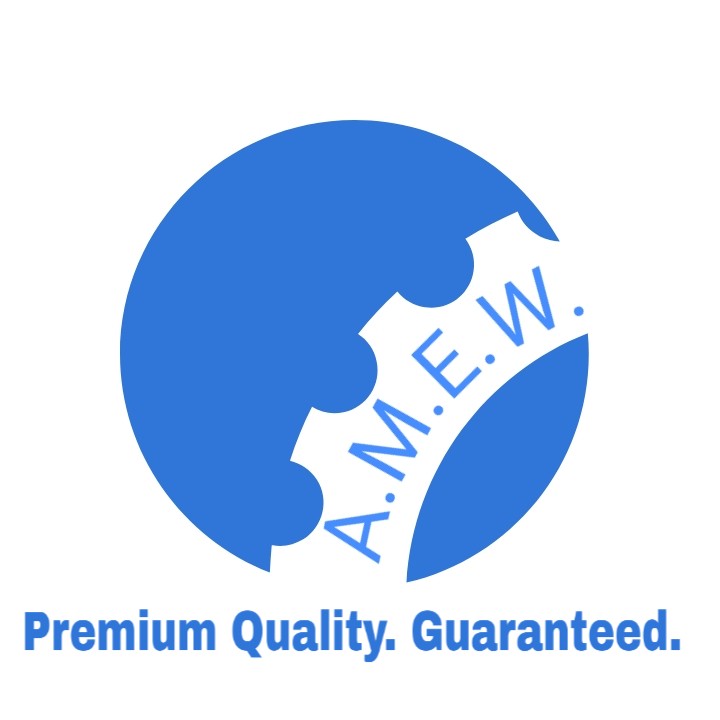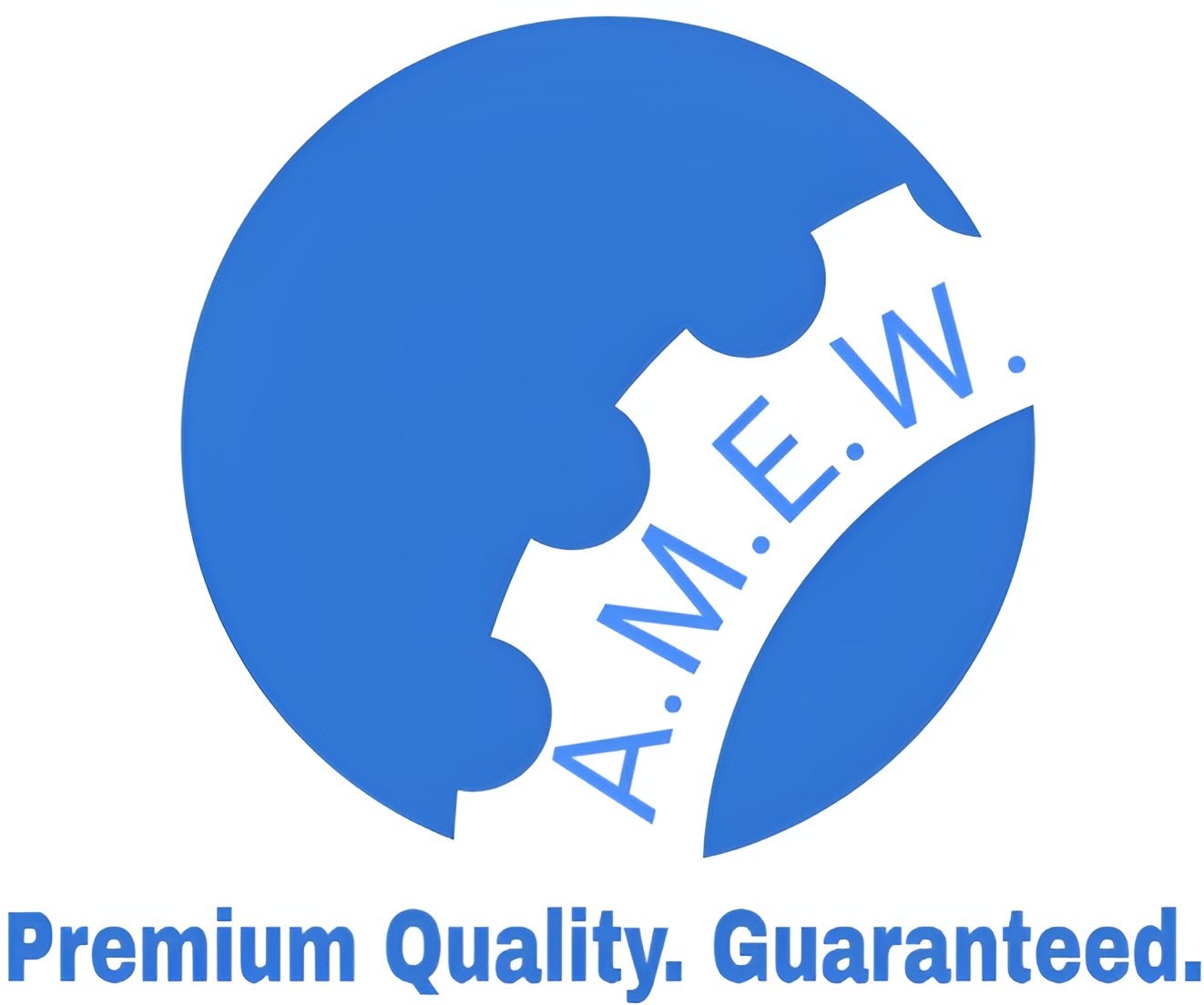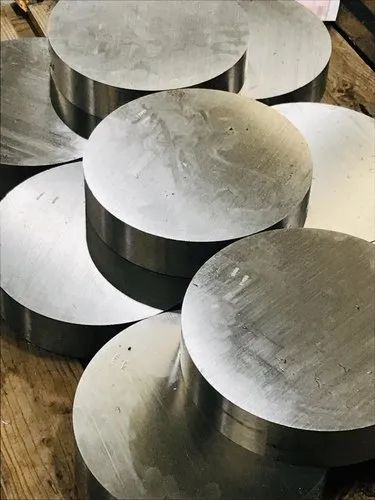Category: Materials We Forge
Description
Forging 316 Stainless Steel: An In-Depth Analysis
316 stainless steel is austenitic stainless steel known for its excellent corrosion resistance, strength, and versatility. Commonly referred to as marine-grade stainless steel, 316 is widely used in various industries, especially in environments exposed to corrosive substances. Its composition, which includes molybdenum, enhances its resistance to pitting and crevice corrosion, making it suitable for challenging applications.
Composition and Properties
The distinctive properties of 316 stainless steel result from its specific chemical makeup:
- Chromium (16-18%): Provides excellent corrosion resistance and contributes to the steel’s hardness.
- Nickel (10-14%): Enhances toughness and ductility.
- Molybdenum (2-3%): Increases resistance to pitting corrosion in chloride environments.
- Carbon (max 0.08%): Contributes to hardness and strength.
- Manganese, Silicon, and Phosphorus: Improve overall mechanical properties.
Key Properties:
- Corrosion Resistance: 316 stainless steel exhibits exceptional resistance to a variety of corrosive environments, including saltwater, making it ideal for marine applications.
- High Strength: Offers excellent tensile and yield strength, which is crucial for load-bearing applications.
- Ductility: Its ability to be deformed without breaking allows for the creation of complex shapes through forging processes.
- Weldability: 316 stainless steel is easily welded, making it suitable for applications requiring joint fabrication.
Applications of 316 Stainless Steel Forgings
Forged components made from 316 stainless steel are employed in a wide range of industries due to their outstanding properties. Common applications include:
- Marine Applications: Used in boat fittings, rigging, and hardware exposed to seawater, where resistance to corrosion is critical.
- Chemical Processing: Ideal for valves, pumps, and piping systems handling corrosive chemicals and acids.
- Pharmaceutical Industry: Employed in equipment that must meet stringent sanitary and corrosion-resistant standards.
- Food Processing: Used in food handling and processing equipment due to its non-reactive properties and easy cleaning.
- Oil and Gas Industry: Suitable for components exposed to harsh environments, such as offshore drilling platforms and storage tanks.
Advantages of Forging 316 Stainless Steel
- Enhanced Strength: Forging increases the mechanical properties of 316 stainless steel, providing superior tensile strength and fatigue resistance compared to cast or wrought materials.
- Corrosion Resistance: The molybdenum content ensures resistance to localized corrosion, extending the lifespan of components.
- Customization: The forging process allows for the production of complex shapes and sizes tailored to specific application requirements.
- Cost-Effectiveness: Forged 316 stainless steel components offer long-term durability and lower maintenance costs due to their corrosion resistance.
Grades and Specifications
| Grade | Description | Applications |
|---|---|---|
| 316 | Austenitic stainless steel with excellent corrosion resistance | Marine, chemical processing, food processing, oil and gas |
| 316L | Low-carbon variant of 316 for improved weldability | Pharmaceutical, food processing, chemical handling |
| ASTM A182 | Specification for forged or rolled alloy steel pipe flanges | General guidelines for manufacturing and material properties |






